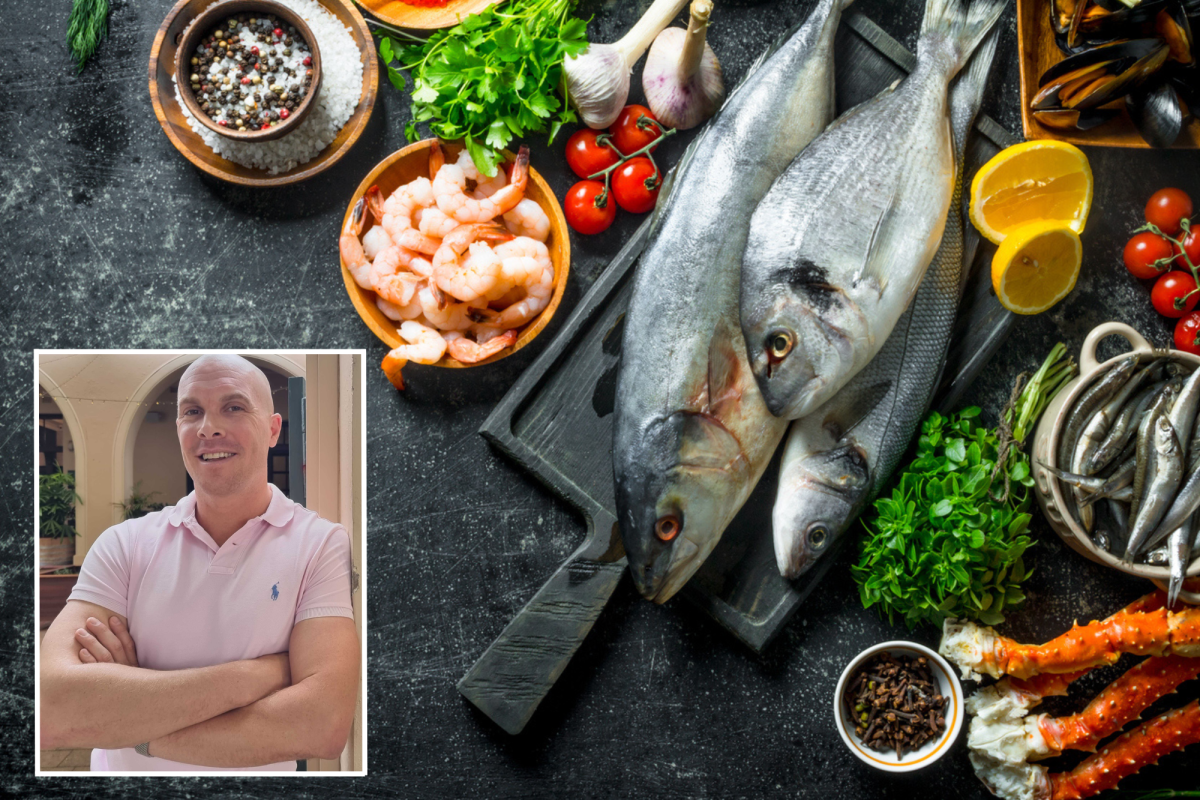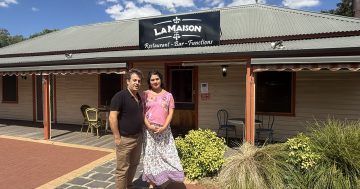
Richard Moffatt of Pastorale believes the new seafood labelling is a positive step forward for the hospitality sector. Photo: Shri Gayathirie Rajen/Olesia Shadrina.
Australia is set to improve the transparency of the sourcing of seafood with the recently announced Federal Government mandate requiring country-of-origin labelling.
While the hospitality industry in the Riverina is broadly supportive, there are concerns about how regional vendors will be able to accurately track produce from the coast.
The government allocated $1.6 million in the 2022 federal budget to expand the use of the country-of-origin labelling.
State and federal consumer affairs ministers unanimously agreed to mandate the country-of-origin labelling for cafes, restaurants and takeaway shops.
Under the new mandate, hospitality venues across the nation will be required to label where the seafood on the menu is from, written thus: [A] Australia, [I] international import and [M] mixed origin.
Previously, the labelling model was only in place for retail businesses and supermarkets.
Wagga restaurant owner Richard Moffatt welcomed the initiative, seeing it as a positive step forward for the hospitality sector.
“On our menus, we have always identified where our produce is coming from at our level of dining,” Mr Moffatt said.
“We’ve always been paddock to plate and, this instance, oceans to plate. We like to showcase where our produce is from.”
Despite approving the country-of-origin labelling, Mr Moffatt still has some reservations about the mandate.
“We’re concerned that in regional NSW, we don’t get to deal one-on-one with a fishmonger,” Mr Moffatt said.
“We deal with many transport companies who deal with the fish markets in Sydney and Melbourne. We’re concerned about how that works for regional restaurants because there are two to three stages between the fish coming off the boat and getting to our restaurant.
“We need to ensure the information we’re getting is not Chinese whispers, and it’s accurately recorded because, at the end of the day, it’s the restaurant’s responsibility, and it’s liable to ensure the labelling is correct.”
The proprietor of Pastorale said restaurants should be open with the origins of their produce.
“There’s a fair bit of scientific research around the health benefits to yourself when eating local produce,” he said.
“It is good for the consumer to know where their products are coming from and be able to choose whether they want to eat something premium and local or something imported or frozen.
“The accountability is also good for restaurants, and we should be looking to support the Australian seafood market.
Mr Moffatt said that any introduction or changes to hospitality industry legislation increased administration costs for the business.
“Many businesses probably have not factored in this level of legislation, requirements and red tape, and how much it will add to the cost of doing business,” he said.











